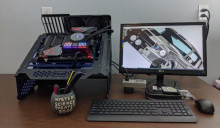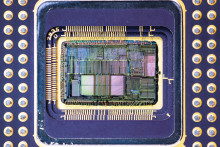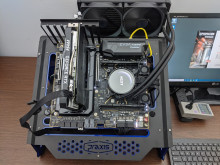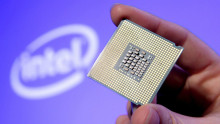Intel’s new i9-10900K—fast, yes; competitive, not so much
We finally got our grubby paws on the flagship SKU of Intel's new Comet Lake desktop processors—the (sorta) 5.3GHz, (well over) 125W TDP i9-10900K. Intel's extremely lackluster performance marketing led us to believe the processor would probably be little if any improvement over last year's i9-9900K—but, happily, that's not the case.













































































